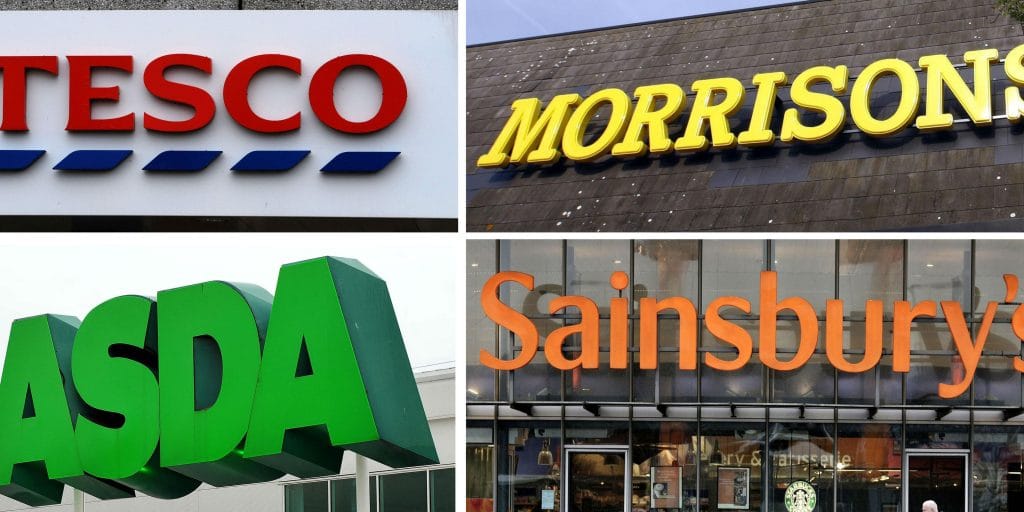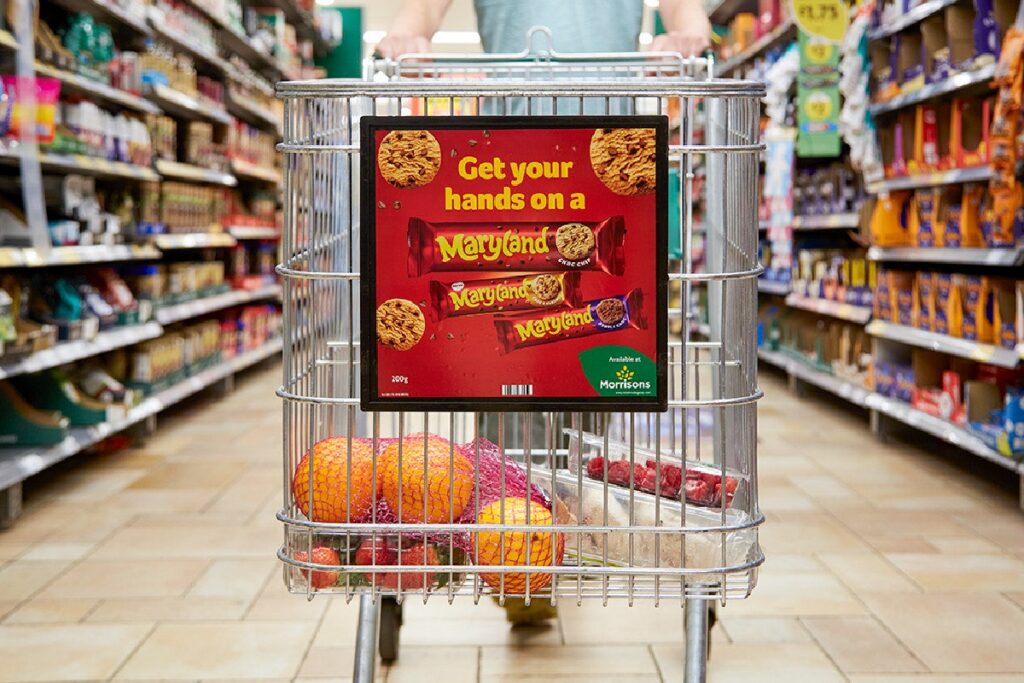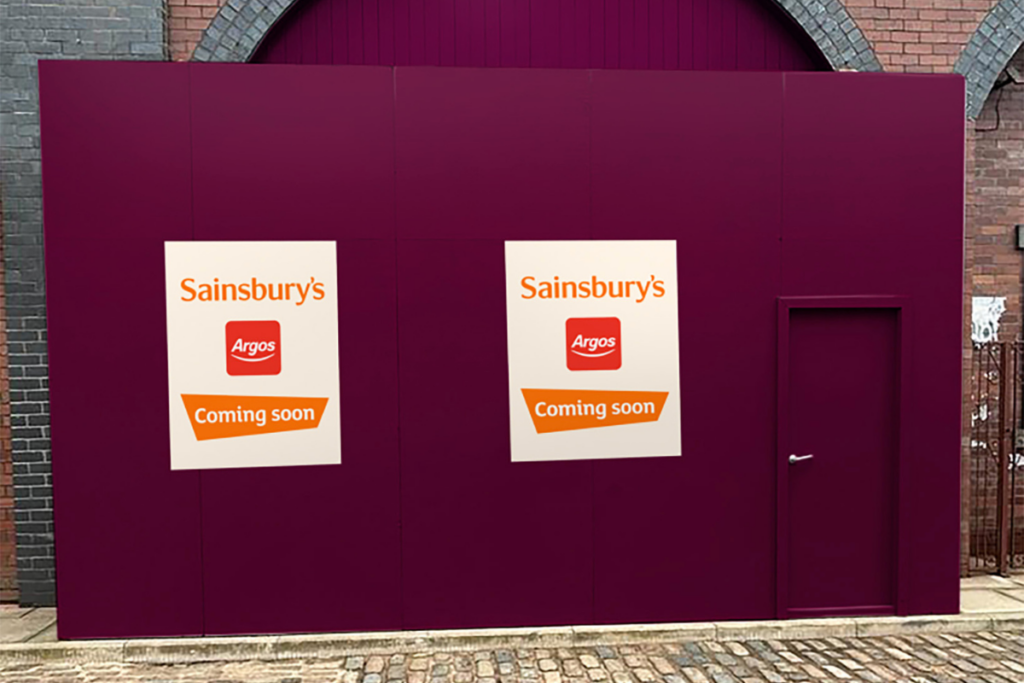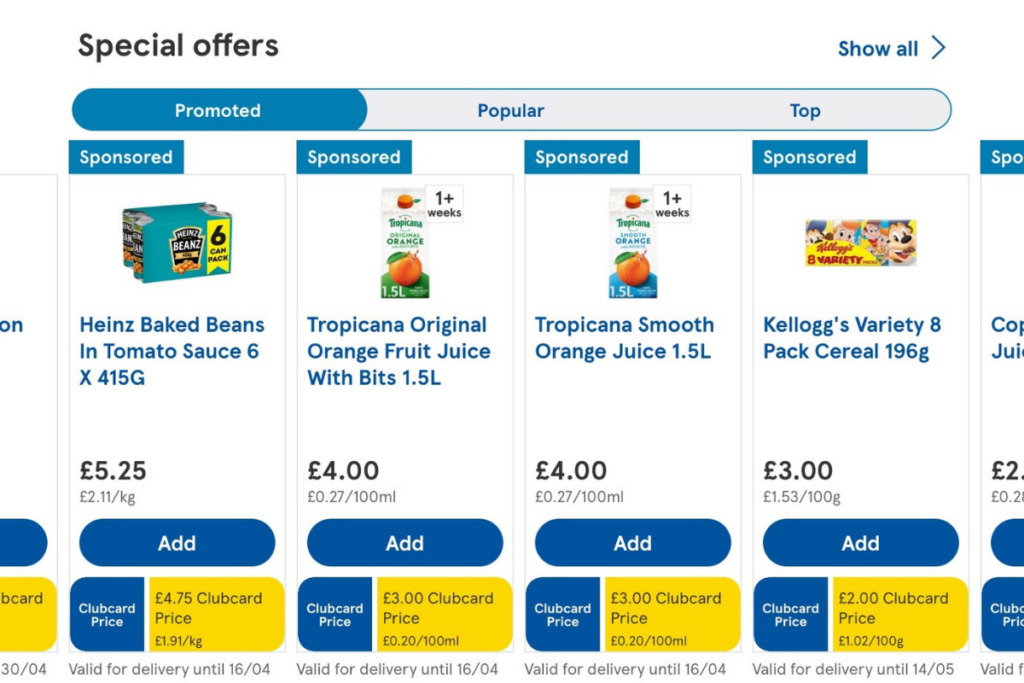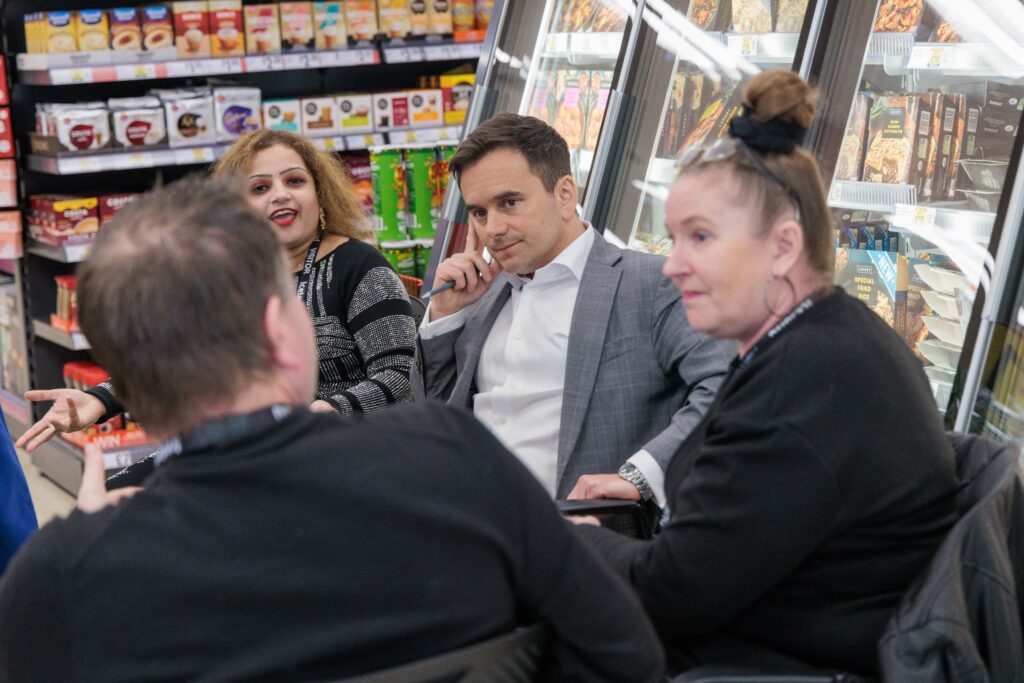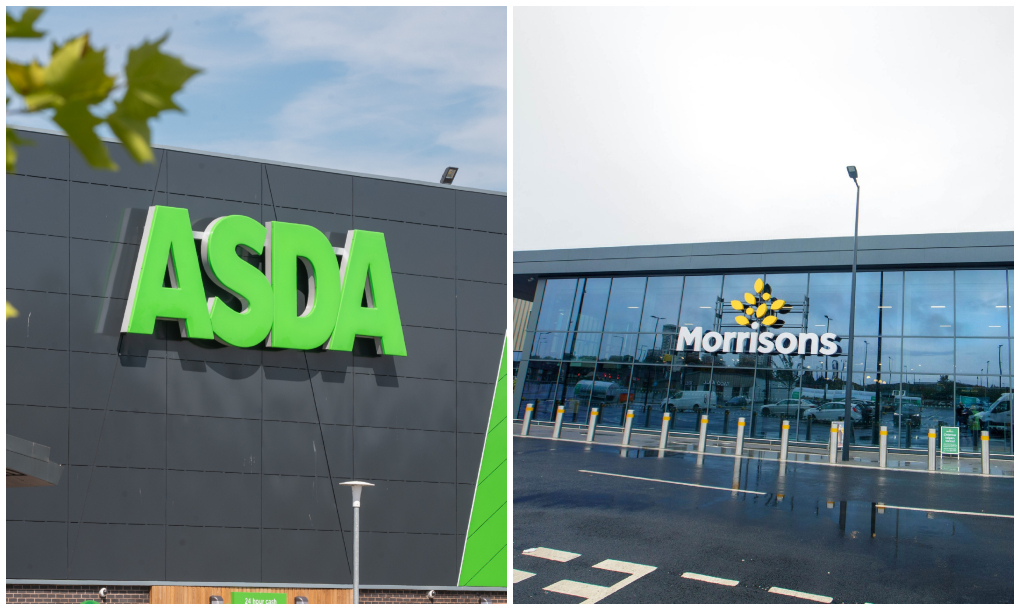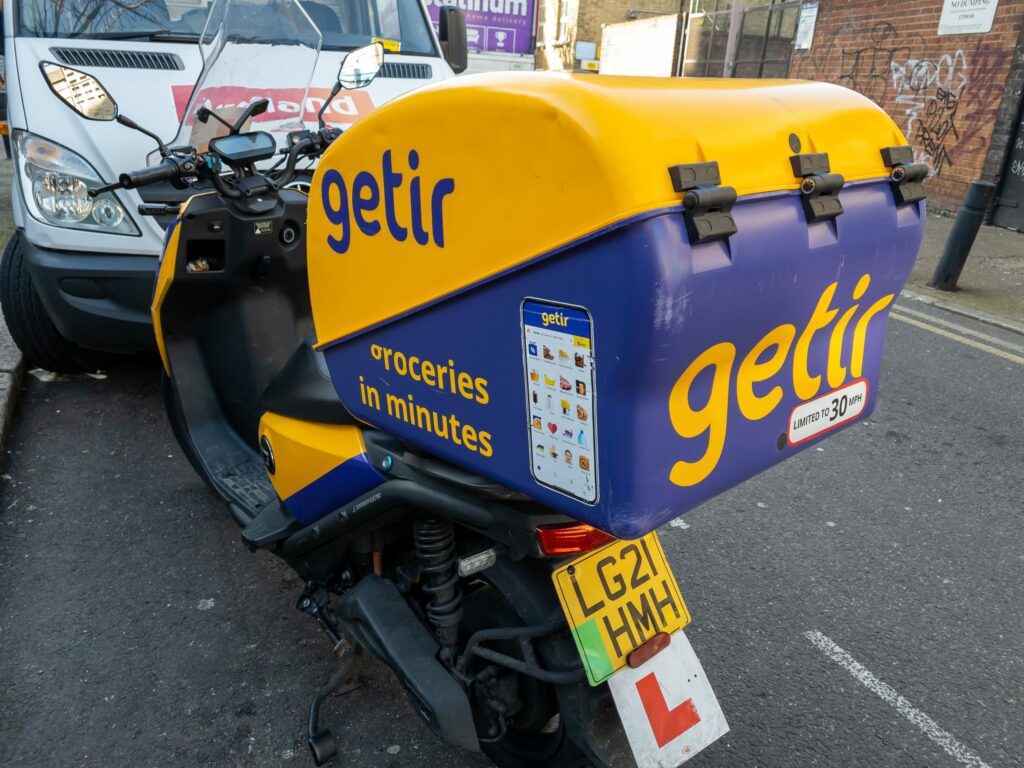Britain’s grocery sector has now witnessed two years of continuous growth, with warm sunny weather and promotions around the World Cup and Father’s Day driving sales.
According to the latest figures from Kantar Worldpanel covering the 12 week period ending June 17, sales have risen for 25 consecutive periods and now stand at 2.1 per cent compared with this time last year, with a decline last recorded in June 2016.
Kantar Worldpanel’s head of retail insight Fraser McKevitt said this period of sustained growth would be “welcome news” after a couple of difficult years for supermarkets.
READ MORE:
- Warm weather and royal wedding brings glow to grocery figures
- May retail sales smash all expectations (ONS)
- Retail sales bounce back at record rate in May (BRC-KPMG)
- May footfall marginally improves despite sales boost
- May consumer confidence improves despite remaining in negative territory
- Shop prices drop again in May amid tough conditions
“The latest figures largely pre-date the soaring temperatures and new-found optimism for England’s World Cup chances but with the nation spending over half a billion more in supermarkets this period compared with last year, it suggests that summer has already arrived for many,” he said.
“Shoppers have already splashed out six per cent more on spirits, and gin sales alone have increased by £38 million and 1.7 million litres, while soft drinks are up seven per cent.
“Consumers are also feeling some seasonal downsides – sales of hay fever remedies are up by 19 per cent year-on-year and have been bought by 5.7 million households, reflecting Met Office predictions of record pollen levels.”
Morrisons was again the fastest growing of the Big 4 grocers, posting a sales increase of 1.9 per cent, thanks to an 18 per cent boost in own-label sales and double digit growth online.
However, Morrisons’ overall grocery market share fell by 0.1 percentage points year-on-year to 10.6 per cent.
Asda and Sainsbury’s, which are set to have their proposed merger probed by the Competition and Markets Authority, have recorded quite different performances over the past 12 weeks.
Sales at Asda increased 1.8 per cent – its 16-period run of growth is the longest the retailer has achieved since March 2014 – although its overall market share dropped 0.1 percentage point year-on-year to 15.1 per cent.
Sainsbury’s sales fell by 0.2 per cent despite a strong online performance, and its overall share fell by 0.4 percentage points year-on-year to 15.6 per cent.
Meanwhile, sales grew by 1.4 per cent at Tesco with the strongest performance in its Express convenience stores, though overall the retailer’s market share decreased to 27.7 per cent from 27.9 per cent a year ago.
Elsewhere, the Co-op recorded its strongest growth in over a year as sales grew by 2.4 per cent, and its market share grew by 0.1 percentage points to 6.2 per cent.
While overseas deals have boosted Ocado’s share price, its UK delivery business recorded sales growth of 10.1 per cent, making it the fastest-growing supermarket in the UK.
The online retailer also nudged up its grocery market share by 0.1 percentage points year-on-year to 1.2 per cent.
Iceland held its share of 2.2 per cent as sales grew by 2.5 per cent, while Waitrose sales rose by a marginal 0.1 per cent and its market share dropped 0.1 percentage point to 5.1 per cent.
Finally, Lidl and Aldi had the biggest growth in overall market share, growing 0.4 and 0.5 percentage points respectively year-on-year, to 5.4 per cent and 7.4 per cent.
“Lidl’s 10 per cent sales growth makes it the only bricks and mortar retailer to experience double digital growth, and as a major sponsor of England’s World Cup squad it will be hoping to see the team’s success so far translate into even higher growth in July,” McKevvit said.
He added: “Yet while Lidl is the champion in terms of growth this period, it is Aldi that has edged up to a new record high market share – it now stands at 7.4 per cent thanks to sales growth of 8.2 per cent.”
Separate grocery market share data from Nielsens, which were also released today, showed a 1.5 per cent increase in grocery sales over the last four weeks.
This has been attributed to strong performance from convenience stores with sales up 1.8 per cent, and grocery multiples which recorded 0.6 per cent rise.
“Promotions, changes in the weather and events like Father’s Day and the start of the World Cup have all helped incremental sales” Nielsen UK head of retail insight Mike Watkins said.
Over the 12 weeks ending June 16, Asda had the most improved year-on-year sales growth of the Big 4 supermarkets with growth of 2.7 per cent.
This was followed by the Co-op with growth of 2.1 per cent, but Iceland had the best overall growth figures outside the discounters with 3.4 per cent growth.
Click here to sign up to Retail Gazette‘s free daily email newsletter

